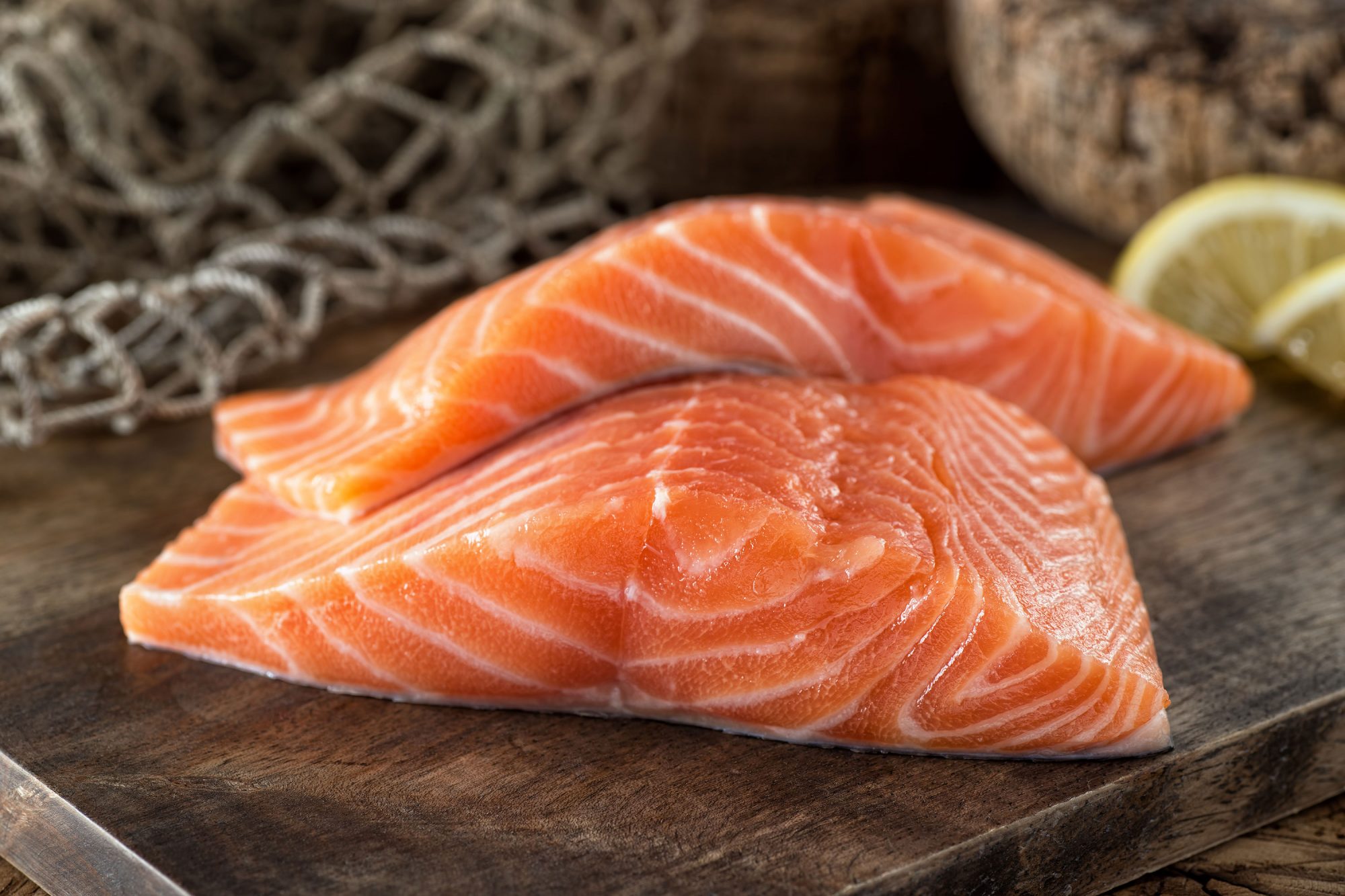
King George Pharmacy / Apteek / Chemist
*Free Deliveries
*After Hours Emergency Service
*Prescriptions
*Vertical Body Wave Tanner
*Clinic
*Claims
King George Pharmacy / Apteek / Chemist not only supplies all your medication needs, it also offers tanning sessions with the Vertical Body Wave Tanner. Add beauty to your life. A healthy tan in under 10 minutes.
Visit us in 1 York Street, George South, George.
Or give us a call on 044 873 2420 / AFTER HRS. / NA URE: 082 824 9324.
Trading Hours:
Weekdays 08:30 – 19:00
Saturdays 08:30 – 13:30
Sundays & Public Holidays 10:30 – 12:30 / 18:00 – 19:00

28 Health and Nutrition Tips That Are Actually Evidence-Based
It’s easy to get confused when it comes to health and nutrition. Even qualified experts often seem to hold opposing opinions, which can make it difficult to figure out what you should actually be doing to optimize your health.
Yet, despite all the disagreements, a number of wellness tips are well supported by research.
Here are 28 health and nutrition tips that are based on scientific evidence.
1. Limit sugary drinks
Sugary drinks like sodas, fruit juices, and sweetened teas are the primary source of added sugar in the American diet (1Trusted Source).
Unfortunately, findings from several studies point to sugar-sweetened beverages increasing risk of heart disease and type 2 diabetes, even in people who are not carrying excess body fat (2Trusted Source).
Sugar-sweetened beverages are also uniquely harmful for children, as they can contribute not only to obesity in children but also to conditions that usually do not develop until adulthood, like type 2 diabetes, high blood pressure, and non-alcoholic fatty liver disease (3Trusted Source, 4Trusted Source, 5Trusted Source).
Healthier alternatives include:
- water
- unsweetened teas
- sparkling water
- coffee
2. Eat nuts and seeds
 Some people avoid nuts because they are high in fat. However, nuts and seeds are incredibly nutritious. They are packed with protein, fiber, and a variety of vitamins and minerals (6Trusted Source, 7Trusted Source).
Some people avoid nuts because they are high in fat. However, nuts and seeds are incredibly nutritious. They are packed with protein, fiber, and a variety of vitamins and minerals (6Trusted Source, 7Trusted Source).
Nuts may help you lose weight and reduce the risk of developing type 2 diabetes and heart disease (8Trusted Source).
Additionally, one large observational study noted that a low intake of nuts and seeds was potentially linked to an increased risk of death from heart disease, stroke, or type 2 diabetes (9Trusted Source).
3. Avoid ultra-processed foods
Ultra-processed foods are foods containing ingredients that are significantly modified from their original form. They often contain additives like added sugar, highly refined oil, salt, preservatives, artificial sweeteners, colors, and flavors as well (10Trusted Source).
Examples include:
- snack cakes
- fast food
- frozen meals
- canned foods
- chips
Ultra-processed foods are highly palatable, meaning they are easily overeaten, and activate reward-related regions in the brain, which can lead to excess calorie consumption and weight gain. Studies show that diets high in ultra-processed food can contribute to obesity, type 2 diabetes, heart disease, and other chronic conditions (11Trusted Source, 12Trusted Source, 13Trusted Source, 14Trusted Source, 15Trusted Source).
In addition to low quality ingredients like inflammatory fats, added sugar, and refined grains, they’re usually low in fiber, protein, and micronutrients. Thus, they provide mostly empty calories.
4. Don’t fear coffee
Despite some controversy over it, coffee is loaded with health benefits.
It’s rich in antioxidants, and some studies have linked coffee intake to longevity and a reduced risk of type 2 diabetes, Parkinson’s and Alzheimer’s diseases, and numerous other illnesses (16Trusted Source, 17Trusted Source, 18Trusted Source, 19Trusted Source).
The most beneficial intake amount appears to be 3–4 cups per day, although pregnant people should limit or avoid it completely because it has been linked to low birth weight (18Trusted Source).
However, it’s best to consume coffee and any caffeine-based items in moderation. Excessive caffeine intake may lead to health issues like insomnia and heart palpitations. To enjoy coffee in a safe and healthy way, keep your intake to less than 4 cups per day and avoid high-calorie, high-sugar additives like sweetened creamer.
 5. Eat fatty fish
5. Eat fatty fish
Fish is a great source of high-quality protein and healthy fat. This is particularly true of fatty fish, such as salmon, which is loaded with anti-inflammatory omega-3 fatty acids and various other nutrients (20Trusted Source, 21Trusted Source).
Studies show that people who eat fish regularly have a lower risk for several conditions, including heart disease, dementia, and inflammatory bowel disease (22Trusted Source, 23Trusted Source, 24Trusted Source).


